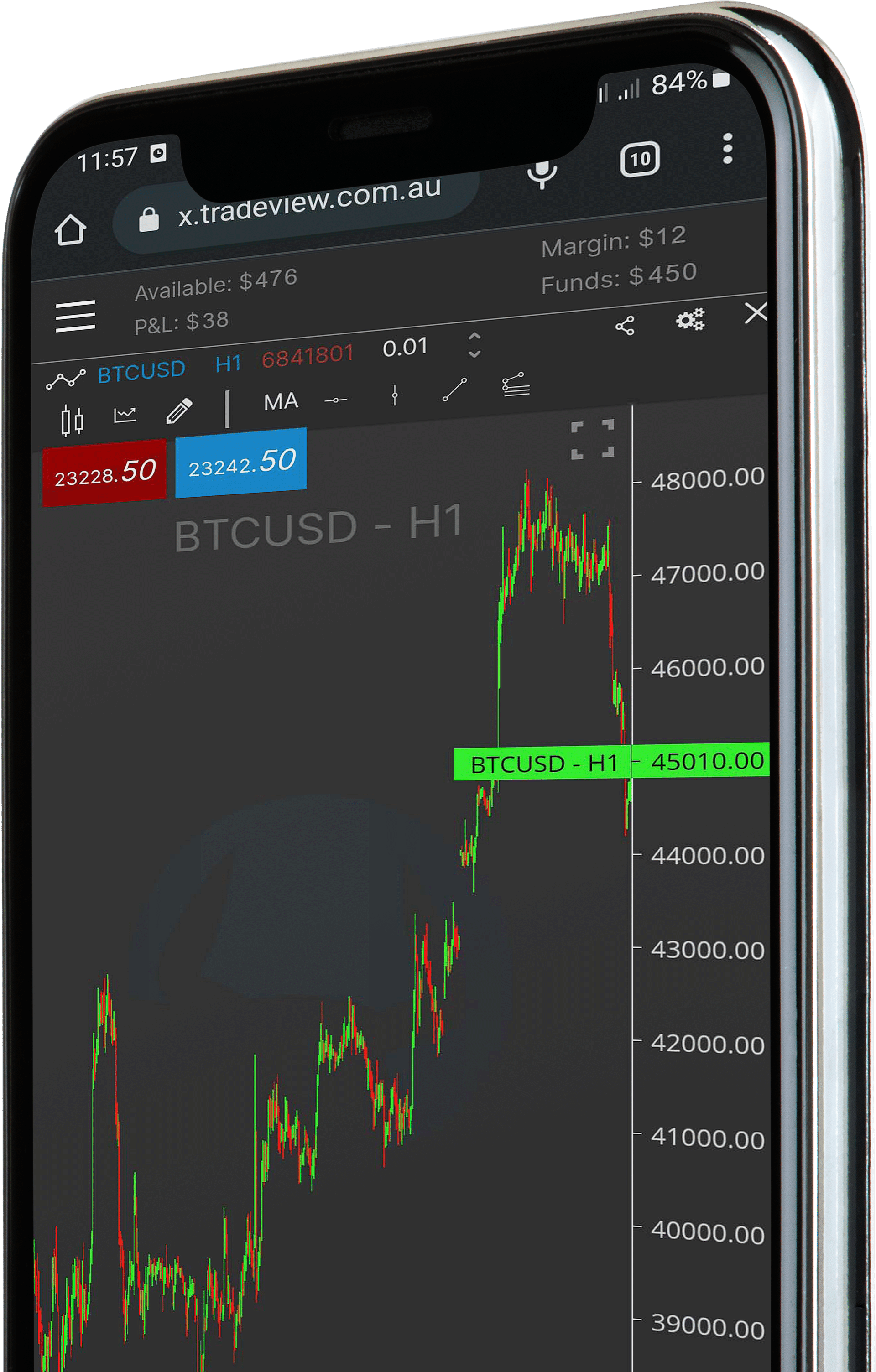We are set up for another interesting year as central banks continue with their battle against decades-high inflation. When was the last time markets were bothered about the BoJ? Well, they now are, and this is a good marker of where we are currently at. Let’s take a look at the start of the year for markets and how we are set up for the months ahead.
Citadel top the ladder

It’s the first time in seven years that Ray Dalio’s Bridgewater has not held the top spot.
Multi-manager funds such as Citadel and Millennium, which run money across a wide range of strategies, and macro funds such as Brevan Howard and Rokos Capital Management which bet on falling bond prices, thrived. But many equity funds were badly damaged by the sell-off in technology stocks as interest rates were raised sharply to combat soaring inflation.
Net gains since Citadel’s inception in 1990 have now totalled an eye-watering $65.9 billion. This now beats out Bridgewater’s $58.4 billion total net gains since 1975.
Citadel originally started when Ken Griffin was given $1 million by Glenwood capital (the firm he was working for at the time) to trade. He made 70% that year and then a year later, in 1990, Griffin founded Citadel, with assets under management of $4.6 million.
He then went on to return 43% in 1991 and 40% in 1992 – wow. Citadel now manages $62 billion. Did you know that Citadel is fully systematic with its trading?
No Eurozone recession?

Things appear to be looking a lot brighter for Europe. This comes after shockingly warm weather over the Christmas and New Year period which allowed gas storage to remain full throughout the period. There are even net injections to German natural gas storage right now.
As a result, natural gas prices have fallen to pre-war levels. Mother nature has had a big part to play to reverse the energy price surge triggered by Putin’s invasion of Ukraine – extremely lucky.
China’s re-opening has also made economists more optimistic. The reopening of the world’s second-largest economy and big trading partner of the EU should support exports and thus GDP.
We also had data out recently that showed that the German economy still has a really tight labour market and resilient industrial production.
The other side of this is inflation and the consequent monetary policy path. Goldman Sachs believes that headline inflation will ease faster than thought, to about 3.25% by the end-2023.
But core inflation is likely to be kept relatively high due to sticky services inflation, a common theme across most economies and a big risk to the view that inflation comes down quickly.
Lagarde came out swinging in the last ECB press conference with particularly aggressive rhetoric. In our mind, it now makes even more sense for her to get rates as high as she can, given this potential uplift to growth.
No recession in the Eurozone this year?
Unthinkable just a few months ago.
To continue reading this article…
This Newsletter is FREE to Trade View Clients.
If you are an existing client please LOG IN.
Our Monthly Newsletters
Unlimited access
A$9.90/mo.
No lock-in contracts.


